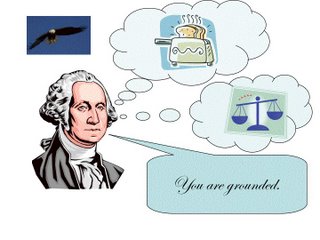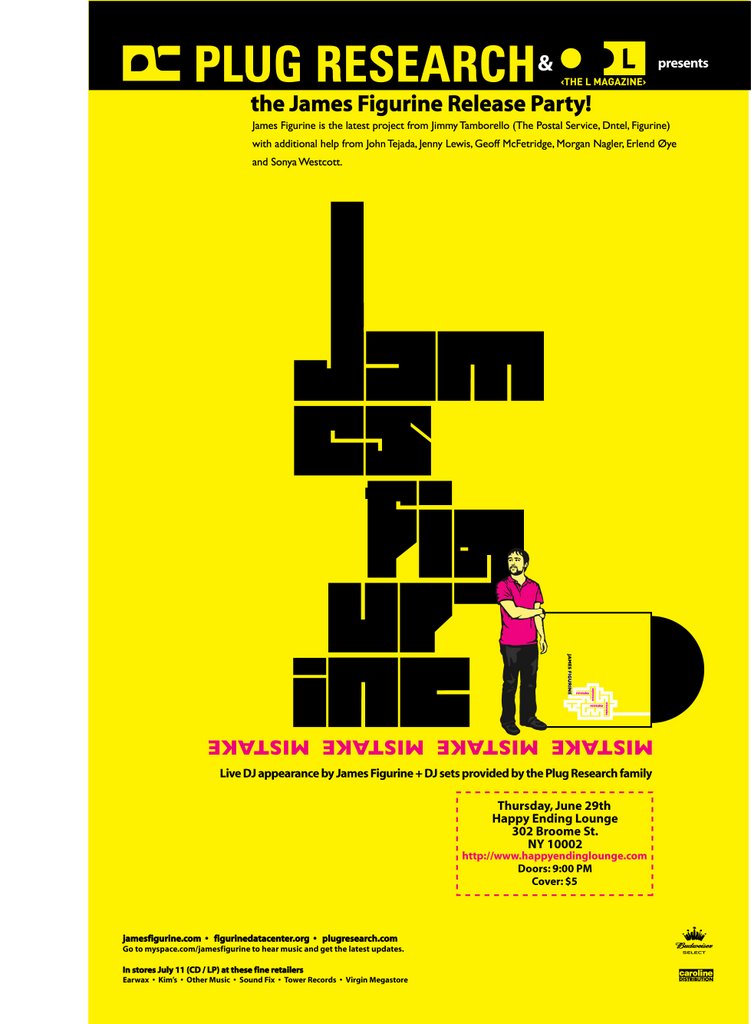Every night I need a cup of coffee or two to pull me out of my funk/fumbling stultified malaise of sweating languid heart palpitations and get me functional enough to, at the very least, not waste the rest of my early evening almost dozing but not quite. I don't know if it's my diet or if it's the other cups of coffee that I chose to drink throughout the day that are themselves punching the clock and going the fuck home that make me this way every night. Maybe it's the sitting at a desk looking at a computer screen- that job we all seem to have- that makes me the poster boy for zero energy on a given night.
So I have a few strong cups of coffee. I'm right as rain, excepting the slightly grainy quality my alertness takes on for the rest of the night- but then giddy till well after bedtime. What's the point of this description of my banal passage through dusk toward dawn? Nothing, really, but self-reference- as this pointless little blog entry is itself an exhibit submitted as evidence of the aforementioned sipping and side effects.
Alright, I will attempt to add content.
Today I read Louis Menand's
New Yorker book review of Robert Greenfield's new bio
Timothy Leary. His approach to the subject and the book itself was very pointedly and subtly critical without any superfluous, unsupported outpouring of opinion. I really enjoyed the way he approached the subject in a very apparently studied manner.
I did happen to agree with his summation of the sixties counterculture- that "...personal radicalism, revolution in the head and in the bed, was the safer radicalism." I also will make no effort to hide the fact that I am appalled by society-at-large's reluctance to kill thr idols and society's subsequent willful movement at nearly all times towards figureheads only pseudo-representative of the problems characterising or the solutions called for by a day and age and away from real politics. Because of this, I enjoyed his treatment of the Leary character described in this new biography as a trumped-up phony of sorts, all smiles, magnetism, and bravado and very little longevity outside the momentary appeal of any era's very dated "sexy thought." This appears to be the picture Greenfield attempts to paint as well, judging from Menand's description.
There seems to be an analog between moral panics that provoke consternation, condemnation, and sensation in the news media and these "moral manias" that epitomize mass exodus from established norms. Stanley Cohen, on the first page of the first chapter of
Folk Devils and Moral Panics writes that a moral panic occurs when "A condition, episode, person or group of persons emerges to become defined as a threat to societal values and interests; its nature is presented in a stylized and stereotypical fashion by the mass media."
Moral panics are based on reactions to social deviance, and are therefore also causative and not consequent. He writes "The on-the-spot reaction determines whether it is classified as deviant at all, and the way in which the act is reported and labeled also determines the form of subsequent deviation..."
Working forward from the work of Cohen, Goode and Ben-Yehuda laid out their formulation of the exact components that must be present to identify a moral panic in their book,
Moral Panics: The Social Construction of Deviance. These indicators are 1) Concern, 2) Hostility, 3) Concensus, 4) Disproportionality, 5) Volatility. That is, people are worked up about something and they are hostile toward the folk-devil personification of evil types they all agree unanimously are responsible for the concern. Both that concern and their reaction to it is wholly disproportionate to the threat a particular social problem poses, and society's reaction to this perceived threat is just as likely to be distracted five minutes from now as it is to intensify and wane for centuries. Moral panics are at least
metaphorically true though not usually actually true as determined by the damning factions' values, perceptions, and fears regarding their own plights.
Cohen, Goode, and Ben-Yehuda give us one angle with which to approach the iconism that encourages conversion to the side of a particular social group or the act of siding with a particular new and deviant leader- if deviance is causative, then deviant behavior can be amplified, reified as the norm to which a deviant can adhere to achieve a certain social value.
This does not entirely explain the phenomenon of figures who spontaneously arise to figurehead deviant movements, nor does it entirely explain the rise of their allure. It must be possible for movements to also be generated from the deviant side in response to existing social conditions. These "moral manias" would be based on a similar set of indicators- most immediately notable being the metaphorical need for a drastic change. It is possible that a person or group is able on some level to identify a lack, but instead of dealing directly with that lack they will grasp at metaphorical solutions, leadership, or alliance while leaving the original problem untreated and largely unchanged.
What I'm describing has already been widely exploited in political communication and propaganda, in the push of one group to influence another by appealing to their known moral standards. When moral standards are spontaneously generated or unexpectedly and popularly produce their opposites, however, it would not be possible to follow the general rules governing propaganda- especially that stating that you cannot encourage behavior that is contrary to the popular undercurrents of society- to influence the actual generation of new deviant mores as they are not yet identifiable in a working form.
Without case studies to apply the indices of moral panic to moral manias, however, the term cannot be proven viable.





